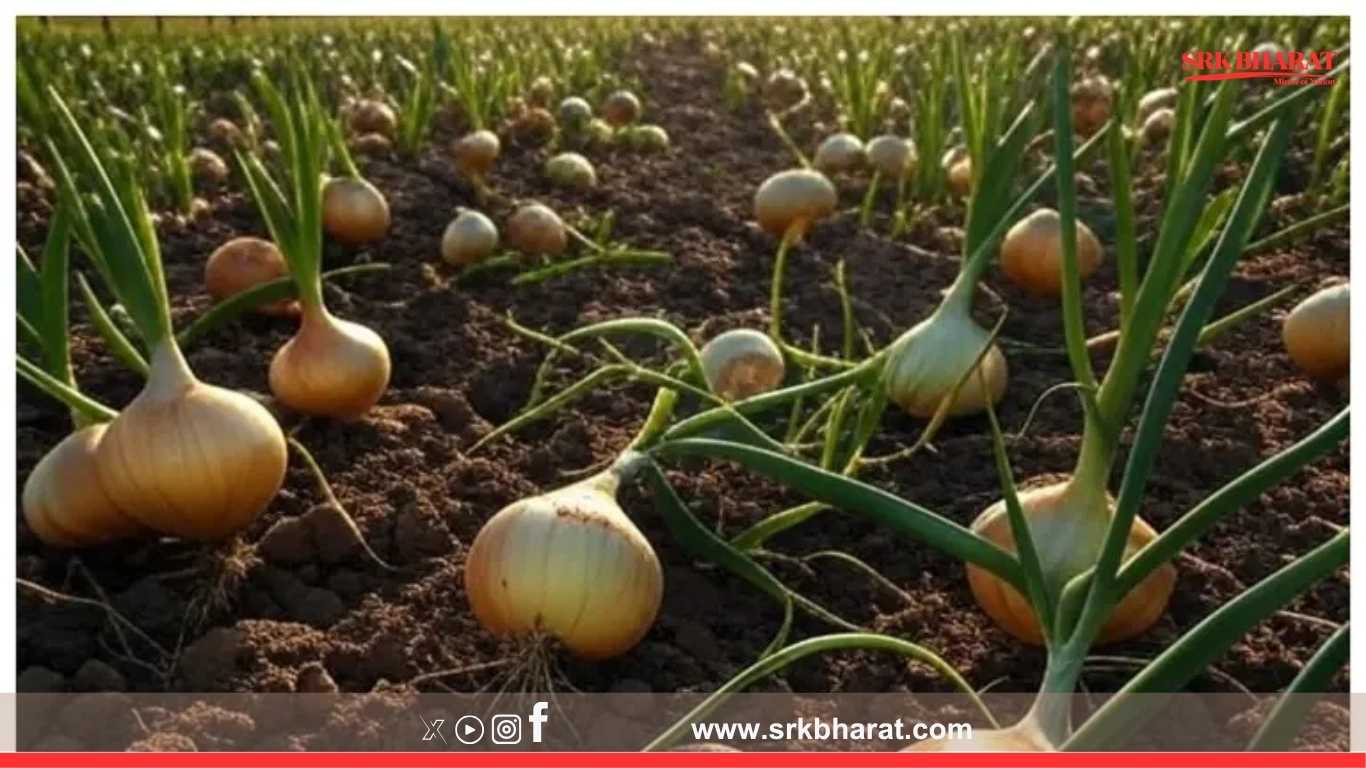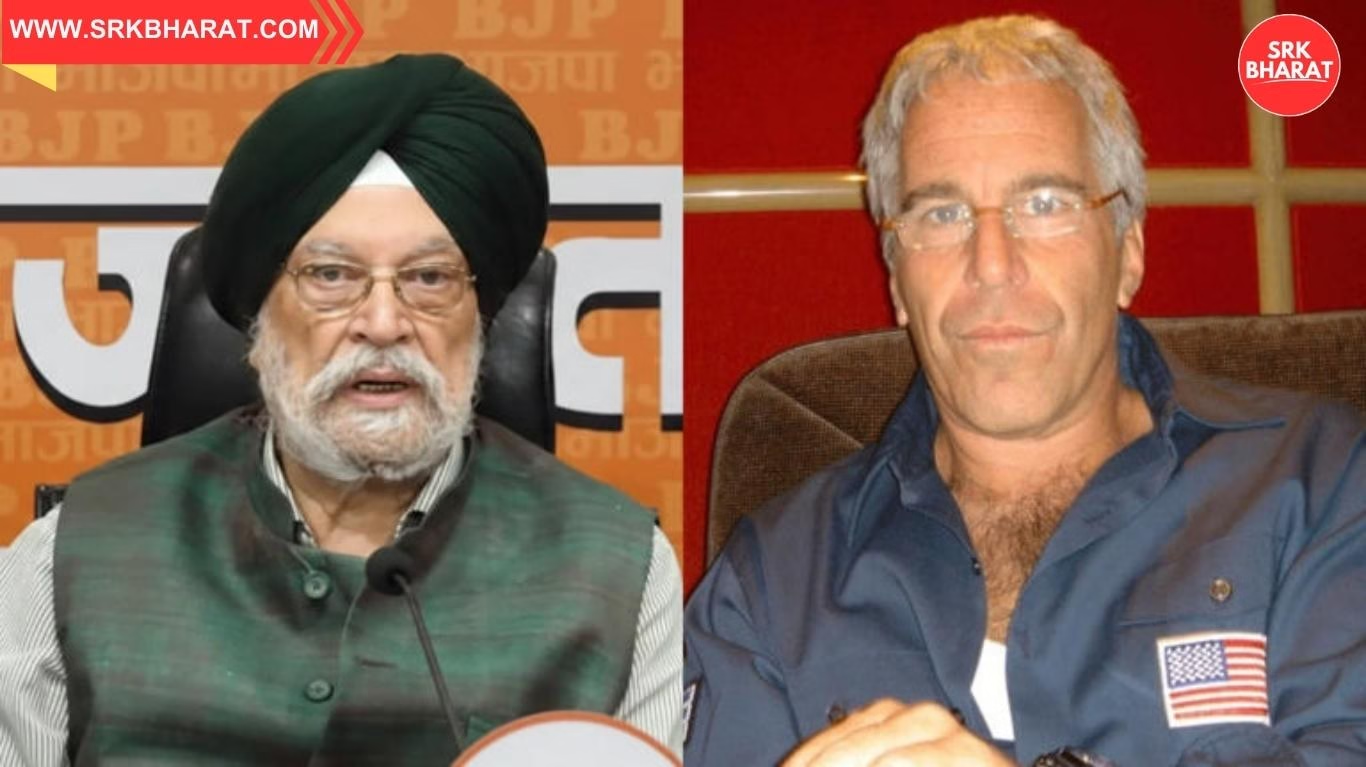In a major development affecting Maharashtra’s agrarian economy, onion farmers across key districts have urged the state government to shift procurement operations away from current intermediaries, alleging widespread corruption, political interference, and the systematic exclusion of genuine cultivators.
Background: Procurement Policies and Farmer Concerns
Onion procurement under schemes like the Price Stabilisation Fund (PSF) and Nafed market intervention is meant to stabilise prices during periods of glut and ensure farmers receive remunerative returns. However, farmers allege that:
- Procurement agencies prioritise trader-aligned farmers instead of genuine small and marginal cultivators
- Corrupt middlemen extract bribes or commissions for inclusion in procurement lists
- The procurement process is non-transparent, with arbitrary rejections of produce on quality grounds without scientific grading
- Payments are often delayed by several weeks, pushing farmers towards distress sales
Key Districts Raising Complaints
Farmers in Nashik, Ahmednagar, Lasalgaon, and Pune districts – major onion belts of India – are leading the protests, highlighting:
| District | Primary Farmer Concerns | Onion Output (2023-24 est.) |
|---|---|---|
| Nashik | Bribes demanded by procurement agents; high rejection rate | ~45 lakh tonnes |
| Ahmednagar | Political influence in procurement beneficiary lists | ~22 lakh tonnes |
| Lasalgaon | Delay in payment disbursement | ~10 lakh tonnes |
| Pune | Lack of fair price even during procurement drives | ~8 lakh tonnes |
Farmers’ Demands to State Government
- Shift procurement operations directly under the Agriculture Department or credible farmer producer organisations (FPOs) to eliminate intermediaries
- Ensure on-spot digital payments within 48 hours of procurement
- Create transparent quality grading protocols accessible to farmers for awareness and redressal
- Publish district-wise procurement lists online daily to prevent manipulation
- Increase procurement volumes to reflect the actual surplus and avoid market crashes
Farmer Voices from Ground
“Government procurement should be for real farmers who toil in the fields, not for brokers who buy from markets and sell back to procurement agencies,” said Ganesh Shinde, a farmer leader from Lasalgaon, Asia’s largest onion market yard.
Another cultivator from Ahmednagar, Sunita Gaikwad, alleged that women farmers are systematically excluded as land titles are often in husbands’ names, though they do most farm operations.
Current Procurement System: Structure and Issues
| Component | Existing Practice | Farmer Allegation |
|---|---|---|
| Agency | Nafed via local cooperatives | Controlled by traders |
| Procurement list | Prepared by cooperative leaders | Genuine farmers excluded unless paying bribes |
| Grading | Visual inspection by middlemen | Subjective and manipulated |
| Payments | Routed via cooperatives, ~10-15 days | Delayed up to a month with deductions |
Recent Government Measures
The Maharashtra government, facing mounting farmer protests, has:
- Ordered district-level enquiries into corruption allegations in Nashik and Ahmednagar
- Issued instructions for electronic payments directly to farmers’ Aadhaar-linked bank accounts
- Initiated pilot procurement drives under the Farmer Producer Organisation (FPO) model in Lasalgaon and Pimpalgaon Baswant
- Requested Nafed to enhance its onion buffer stock procurement target by an additional 2 lakh tonnes to stabilise prices
Price Trends and Farmer Distress
Due to cyclical production glut, onion prices have crashed repeatedly in recent seasons:
| Month | Average Lasalgaon Wholesale Price (₹/kg) | Break-even Price for Farmers (₹/kg) |
|---|---|---|
| Jan 2024 | ₹10-12 | ₹16 |
| Mar 2024 | ₹8-10 | ₹16 |
| June 2024 | ₹12-15 | ₹16 |
| Current (July 2025) | ₹10-13 | ₹16 |
Farmers argue that procurement should cover at least production costs plus a margin to prevent agrarian distress.
Experts’ Perspective on Reforms
Agricultural economists recommend:
- Decentralised procurement through FPOs and SHGs, reducing bureaucratic layers
- Linking onion procurement directly to government welfare schemes, midday meals, and PDS to absorb surplus efficiently
- Investing in scientific storage and dehydration units in major onion-producing districts to buffer market volatility
Political Reactions
Opposition parties, including the Congress and NCP (Sharad Pawar faction), have criticised the current procurement system as:
“An organised loot of farmers’ money, benefitting a nexus of traders, cooperative politicians, and procurement agents.”
The Maharashtra Agriculture Minister, however, has promised urgent corrective action, stating:
“Any official or agent found taking bribes or excluding genuine farmers will be permanently blacklisted.”
Future Roadmap Under Discussion
The state government is exploring:
- Rolling out mobile procurement vans to reach smaller villages
- Establishing 24×7 grievance redressal portals for rejected farmers
- Integrating procurement operations with e-NAM platform for transparent bidding and pricing
- Collaborating with private sector players to build large-scale onion dehydration and export-oriented processing units
Conclusion
Onion remains a politically sensitive crop in India, with its prices affecting not only farmers’ livelihoods but also urban household budgets and electoral fortunes. The current farmer protests in Maharashtra underscore the urgent need for:
✅ Transparent, corruption-free procurement
✅ Timely payments to cultivators
✅ Integration of market intervention with storage and processing infrastructure
Only structural reforms that put farmers at the centre can ensure equitable returns, rural stability, and price predictability for this critical agricultural commodity.
Disclaimer: This news content is prepared for general information and analytical reporting. It does not constitute financial or legal advice. Readers are encouraged to consult official government notifications and district agriculture offices for procurement guidelines, payment updates, and grievance redressal mechanisms before making any related decisions.











